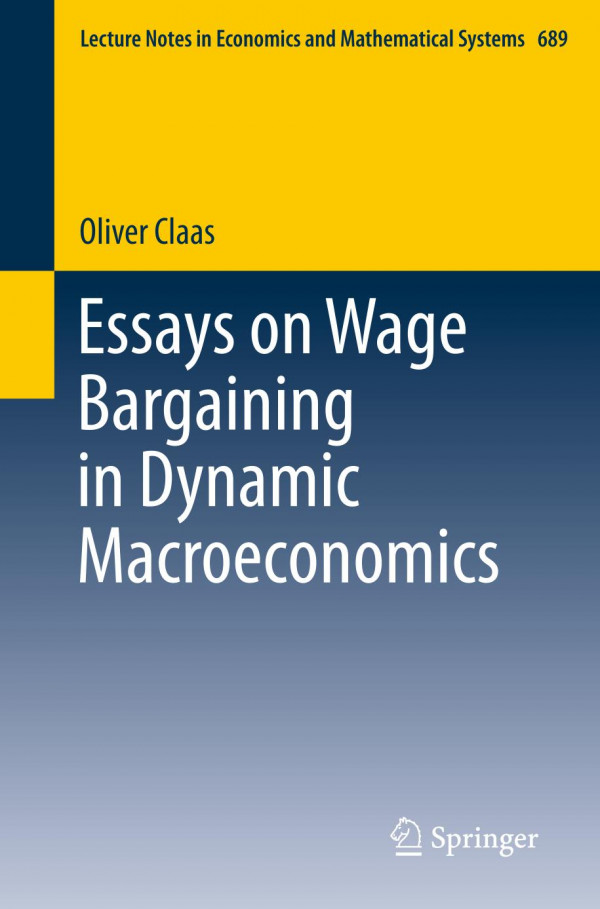

Most ebook files are in PDF format, so you can easily read them using various software such as Foxit Reader or directly on the Google Chrome browser.
Some ebook files are released by publishers in other formats such as .awz, .mobi, .epub, .fb2, etc. You may need to install specific software to read these formats on mobile/PC, such as Calibre.
Please read the tutorial at this link: https://ebookbell.com/faq
We offer FREE conversion to the popular formats you request; however, this may take some time. Therefore, right after payment, please email us, and we will try to provide the service as quickly as possible.
For some exceptional file formats or broken links (if any), please refrain from opening any disputes. Instead, email us first, and we will try to assist within a maximum of 6 hours.
EbookBell Team

4.0
76 reviewsThis book addresses collective bargaining in an intertemporal monetary macroeconomy of the aggregate supply–aggregate demand (AS–AD) type with overlapping generations of consumers and with a public sector. The results are presented in a unified framework with a commodity market that clears competitively. By analyzing the implications of three variants of collective bargaining – efficient bargaining in a uniform and a segmented labor market and “right-to-manage” wage bargaining – it identifies the quantity of money, price expectations, union power, and union size as the determinants of temporary equilibria. In the three scenarios, it characterizes and compares the temporary equilibria using both analytical and numerical techniques, with an emphasis on allocations, welfare, and efficiency. It also discusses the dynamic evolution under rational expectations and its steady states in nominal and real terms. Lastly, it demonstrates conditions for stability regarding a balanced monetary expansion of the economy.